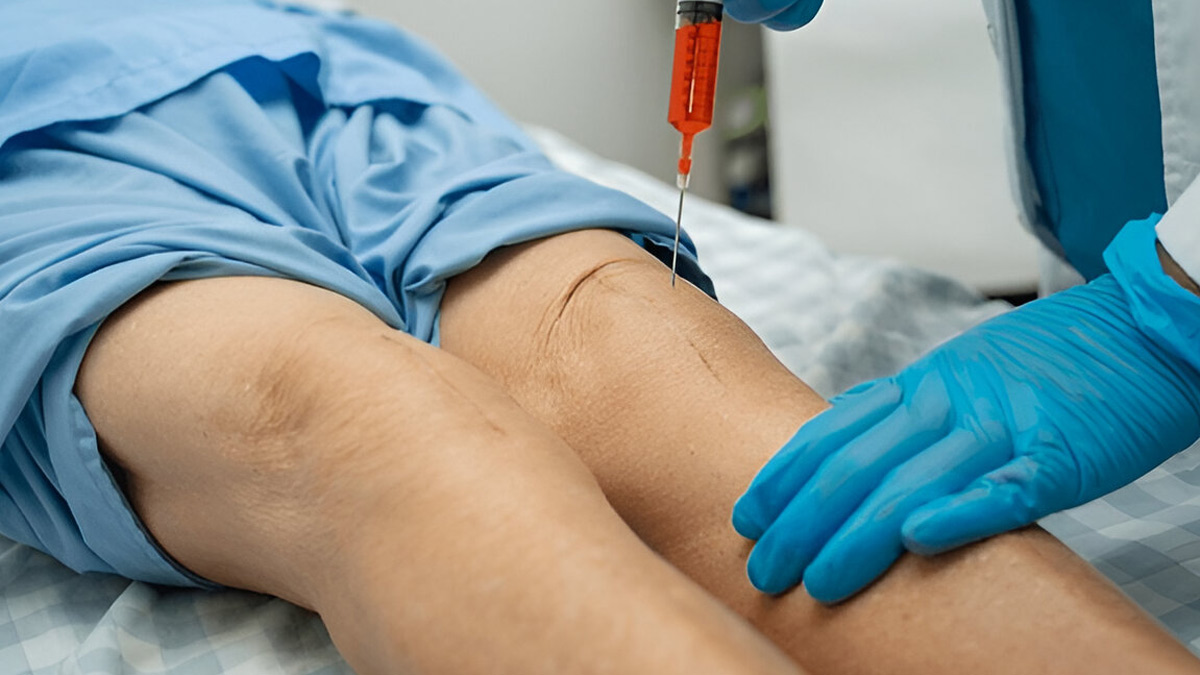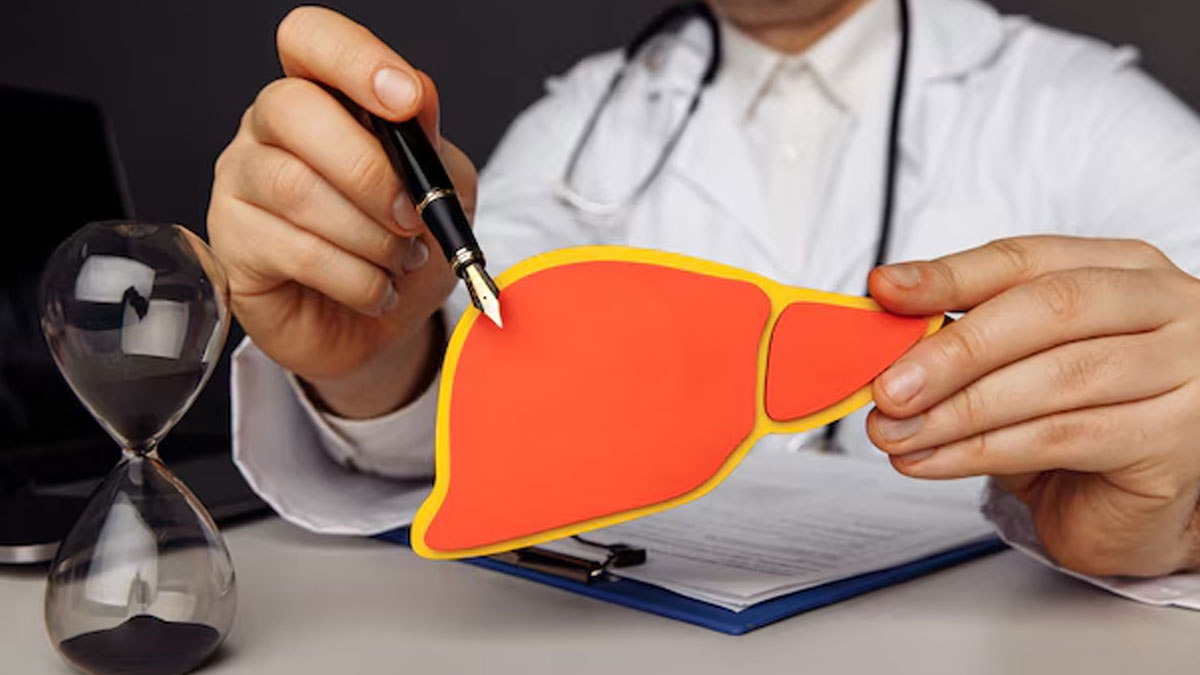Is Knee Injection A New Treatment Option For Knee Pain? Find Out From The Expert
For many people, knee discomfort is more than simply an inconvenience; it interferes with their ability to walk, climb stairs, and even sleep soundly at night. Knee pain is becoming increasingly prevalent in India, whether due to ageing, injury or wear and tear from regular physical activity.
People have traditionally used medicines, physiotherapy, and even surgery to treat chronic knee pain. However, in recent years, there has been increased focus on a less invasive procedure: knee injections. They are now becoming a new treatment alternative for individuals who do not prefer surgery. But how effective are they? Are they suitable for everybody?
We spoke to who shared insights on the same.

"Knee pain can be caused by several factors, the most prevalent being osteoarthritis. Under such conditions, the cartilage that protects the bones weakens, causing friction, irritation, and pain. The outcome is stiffness, restricted mobility, and difficulty performing daily tasks," explained Dr Behera.
Other causes include ligament injuries, sports-related trauma, and even autoimmune diseases that damage joints. Whatever the cause, the fundamental goal of any treatment is to reduce inflammation, alleviate pain, and restore function. This is where injections come in.

"Knee injections are a type of targeted therapy in which medication is administered directly to the joint. This process allows for faster therapy since the chemical is deposited more precisely on the target area than oral drugs. There are various kinds of injections, each one meant to address a specific problem," added Dr Behera.
"Knee injections are not a treatment; they are a method of pain relief. While they may not address the underlying joint injury, they can greatly improve symptoms and quality of life. This is especially useful for persons who are not yet ready for surgery or prefer to postpone it as long as possible," added Dr Behera.
In many circumstances, injections are used in conjunction with other treatments, such as physical therapy, weight management, and exercise programs. This multifaceted approach usually yields greater long-term results than implementing a single tactic alone.
"Knee injections are usually tried when conservative methods like rest, medication, and physiotherapy don't provide sufficient relief. They are particularly helpful for individuals suffering from moderate to severe arthritis, or for patients who are too elderly or have other ailments to undergo surgery," said Dr Behera.
However, this therapy is not suitable for all patients. An orthopaedic specialist must assess the suitability of this operation. The severity of the joint damage, medical history, lifestyle, and overall health all impact whether injections are required.

When done correctly, knee injections are relatively safe. The treatment is done in a sterile setting, generally in a clinic, and takes only a few minutes. Most patients tolerate therapy well and can resume normal activities shortly thereafter.
"However, like with any medical operation, there are potential negative effects. It is normal to have mild swelling or tenderness at the site of injection. In unusual cases, infection or allergic reactions are possible. These risks can be avoided by ensuring that the procedure is carried out by an experienced health practitioner," highlighted Dr Behera.
Knee pain can be caused by a variety of conditions, and injectable therapy does not address them all equally. A specialist can give a more tailored approach by walking patients through the best available options and assisting them in making an informed selection.
Knee injections are not a miracle cure, but they represent a significant development in the treatment of joint discomfort. For those who are not yet ready for surgery or who have found earlier procedures ineffective, this approach provides a safe and effective alternative.
Dr Behera concluded, "It’s important to remember, though, that knee injections are not a permanent fix. They can ease the pain and buy you time, but they don’t reverse the damage inside the joint. For people with advanced knee issues, especially when day-to-day life starts becoming difficult, surgery may still be the best long-term solution. The key is to have an honest discussion with your doctor about what’s right for you, not just for today, but for the years ahead."
If your knee pain persists and does not respond to home treatments or pharmaceuticals, do not disregard it. Consult a specialist to help you identify the underlying cause and determine whether injectable therapy is correct for you. A minor change like this can make you feel more comfortable and mobile.
[ This article contains information provided by an expert and is for informational purposes only. Hence, we advise you to consult your professional if you are dealing with any health issue to avoid complications.]












